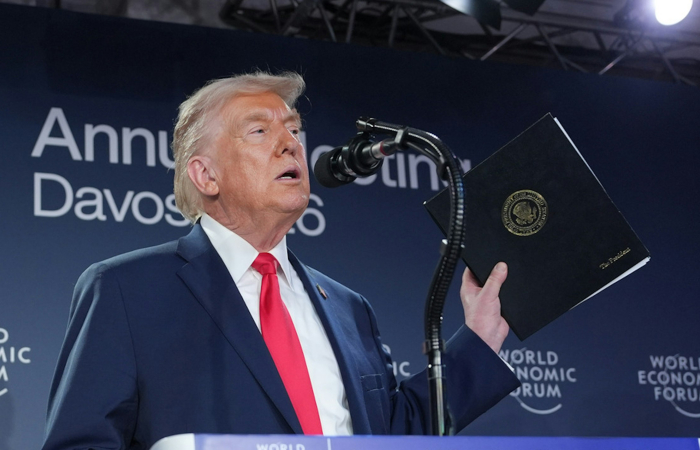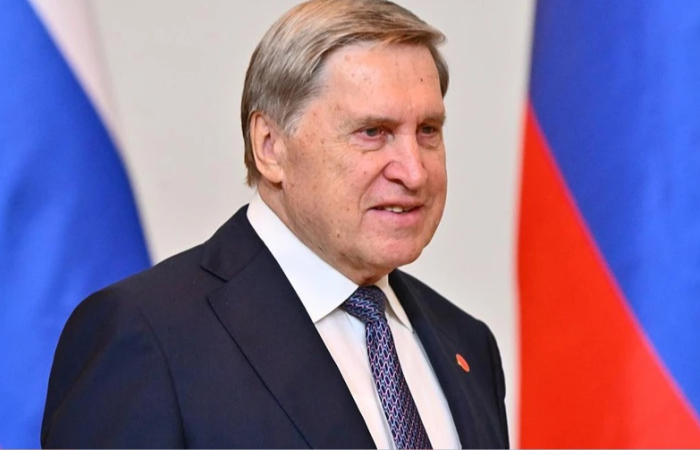The ruling Republican Party led by President Serzh Sargsyan has, as expected, emerged as the winner in the Parliamentary elections held in Armenia on Sunday (2 April) The Party has secured around half of the votes cast. The Tsarukyan Alliance trailed way behind in second place with around 28% of the vote. Two other political groups - the pro reforms Yelk coalition and the Dashnak ARF look set to cross the threshold and be represented in parliament.
1,574,974 out of 2,587,706 eligible voters took part in the elections, representing a turnout of 60.86%.
The elections were overall conducted peacefully but there were hundreds of complaints registered during the poll on Sunday. There have also been reports about widespread vote buying and extensive violations of ballot secrecy during yesterday's voting.
Observers from the OSCE ODIHR, the Council of Europe and the European Parliament are expected to give their preliminary findings on the poll at a press conference in Yerevan at 16.00 local time.
A live blog on the elections will resume on commonspace.eu at 09.00 CET / 11.00 Yerevan on Monday, 3 April.
source: commonspace.eu
photo: Republican Party supporters at the last rally of their election campaign on 31 March 2017







